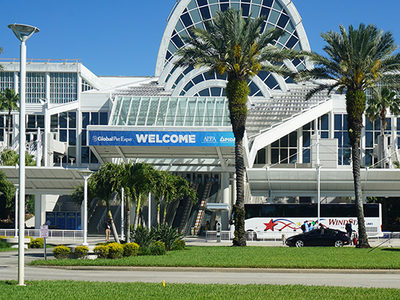NOVI, MICH. and ARLINGTON, VA. — Two major US railroad unions rejected a deal from their employers, renewing concerns for the US economy.
The Brotherhood of Maintenance of Way Employes Division (BMWED) released its members’ verdict on Oct. 10. Out of 11,845 votes, 56% were not in support of the railway’s offer, which included 24% raises and $5,000 bonuses as part of a five-year contract.
“Railroaders are discouraged and upset with working conditions and compensation and hold their employer in low regard,” said BMWED President Tony D. Cardwell. “Railroaders do not feel valued. They resent the fact that management holds no regard for their quality of life, illustrated by their stubborn reluctance to provide a higher quantity of paid time off, especially for sickness. The result of this vote indicates that there is a lot of work to do to establish goodwill and improve the morale that has been broken by the railroads’ executives and Wall Street hedge fund managers.”
President Joe Biden has intervened to help the major railroads and their unions reach a resolution to avoid an economic fallout. The Association of American Railroads (AAR) estimated that the US economy would take a $2 billion-a-day hit if trains stopped moving.
In July 2022, Biden created a Presidential Emergency Board (PEB), which suggested a baseline agreement for the disputing parties.
Now that BMWED has rejected the railroad’s initial deal, the union has entered into a “status quo” period. BMWED will consider new offers when Congress reconvenes on Nov. 14, holding off on a strike until Nov. 19 to allow time for negotiations.
The Brotherhood of Railroad Signalmen (BRS) union, representing more than 6,000 members, also rejected the latest proposal, with 60.57% voting not to approve it.
“For the first time that I can remember, the BRS members voted not to ratify a national agreement, and with the highest participation rate in BRS history,” said Michael Baldwin, president of BRS. “I have expressed my disappointment throughout the process in the lack of good-faith bargaining on the part of the NCCC, as well as the part PEB 250 played in denying BRS members the basic right of paid time off for illness. The NCCC and PEB also both failed to recognize the safety-sensitive and highly stressful job BRS members perform each day to keep the railroad running and supply chain flowing.”
Following the latest rejection, the BRS and the National Carriers’ Conference Committee (NCCC) agreed to a ”status quo” period until early December.
A spokesperson for the Association of American Railroads (AAR), representing the freight railroads in negotiations, said half of all rail unions have ratified the agreement based on President Biden’s PEB recommendations.
AAR said this included the largest wage increases in nearly five decades and would provide immediate payouts averaging more than $11,000 per railroader ahead of the holidays.
The association also responded to the claims of paid time off for illness.
“While statements have been made about rail workers being unable to take time off, this is false. Most railroaders — BRS members included — are scheduled employees who work predictable schedules and have ample paid time off,” AAR said. “Thanks to decades of bargaining, BRS members also have generous sickness benefits that begin after four days and can last up to 52 weeks.”
Read more about supply chain topics affecting the industry on our Operations page.




